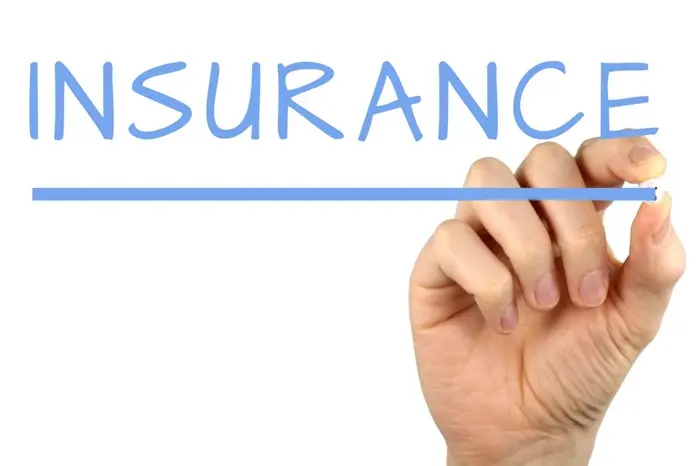Eye exams are an important part of maintaining good vision and overall eye health. Many people rely on insurance to help cover the cost of these exams. However, the exact price can vary depending on different factors. This essay will explain how much eye exams cost with insurance, what influences the price, and how to make the most of your insurance benefits.
Understanding Eye Exam Costs
Eye exams check the health of your eyes and test your vision. The cost of an eye exam depends on several things. These include where you live, the type of eye doctor you visit, and whether you have insurance. Without insurance, an eye exam can cost between 50and250. With insurance, the price is usually lower.
How Insurance Affects Eye Exam Costs
Insurance can reduce the cost of an eye exam. Many health insurance plans include vision coverage. Some plans cover the full cost of an eye exam, while others require a copay. A copay is a fixed amount you pay for a service. For example, your copay might be 10to40 for an eye exam.
Vision insurance is different from regular health insurance. Some health insurance plans do not cover eye exams unless they are medically necessary. This means the exam must be related to a health problem, like diabetes or glaucoma. If you need a routine eye exam for glasses or contacts, you might need separate vision insurance.
Types of Vision Insurance Plans
There are different types of vision insurance plans. Each plan has its own rules and benefits. The most common types are vision benefits packages and discount vision plans.
Vision benefits packages usually cover a yearly eye exam. They may also provide an allowance for glasses or contact lenses. These plans often have a network of eye doctors. If you visit a doctor in the network, you pay less. If you go to an out-of-network doctor, you might pay more.
Discount vision plans do not pay for eye exams directly. Instead, they give you a discount on services. For example, you might get 20% off an eye exam. These plans can be helpful if you do not have full vision insurance.
Factors That Influence the Cost of Eye Exams with Insurance
Several factors can change how much you pay for an eye exam with insurance. Understanding these factors can help you save money.
Your insurance plan determines how much you pay. Some plans cover the full cost of an eye exam once a year. Others require a copay or coinsurance. Coinsurance is when you pay a percentage of the exam cost.
The type of eye doctor you visit also matters. Optometrists and ophthalmologists are both eye doctors, but they offer different services. Optometrists provide routine eye exams and prescribe glasses. Ophthalmologists are medical doctors who treat eye diseases. An exam with an ophthalmologist may cost more, even with insurance.
Where you live can affect the price. Eye exams tend to cost more in big cities than in small towns. If you live in an area with high living costs, you might pay more for an eye exam.
Additional tests can increase the price. A basic eye exam checks your vision and eye health. If the doctor finds a problem, you might need extra tests. These tests can cost more, even with insurance.
How to Use Your Insurance for an Eye Exam
To get the most out of your insurance, follow these steps.
Check your insurance benefits before scheduling an exam. Look at your plan details to see what is covered. Find out if you need a copay or if the exam is fully covered.
Choose an in-network eye doctor. Insurance companies have contracts with certain doctors. Visiting an in-network doctor usually costs less. You can find a list of in-network providers on your insurance company’s website.
Ask about costs before the exam. Call the eye doctor’s office and ask how much you will pay with your insurance. This helps you avoid surprises when you get the bill.
Bring your insurance card to the appointment. The doctor’s office will need your insurance information to bill the correct plan.
Common Questions About Eye Exams and Insurance
Many people have questions about eye exams and insurance. Here are some common ones.
Does Medicare cover eye exams? Original Medicare does not cover routine eye exams. It only covers eye exams for certain medical conditions. Some Medicare Advantage plans include vision benefits.
Can I use my health insurance for an eye exam? It depends on your plan. Some health insurance plans include vision benefits. Others do not cover routine eye exams. Check your plan details to be sure.
Do I need a referral for an eye exam? Some insurance plans require a referral from your primary doctor. Others let you see an eye doctor without a referral.
What if I don’t have vision insurance? If you don’t have vision insurance, you can pay for the exam yourself. Some eye doctors offer discounts for cash payments. You can also look for community health centers that provide low-cost eye exams.
Tips for Saving Money on Eye Exams
Even with insurance, eye exams can be expensive. Here are some ways to save money.
Use your insurance benefits every year. Many vision plans cover one eye exam per year. If you don’t use it, you lose it.
Look for promotions. Some eye doctors offer discounts for new patients or package deals on exams and glasses.
Consider online retailers for glasses and contacts. They often have lower prices than brick-and-mortar stores.
Ask about payment plans. If you need expensive tests or treatments, ask if the doctor’s office offers payment plans.
The Importance of Regular Eye Exams
Regular eye exams are important for everyone, even if you have perfect vision. Eye exams can detect early signs of eye diseases like glaucoma and cataracts. They can also reveal other health problems, such as diabetes and high blood pressure.
Children should have regular eye exams to ensure their vision develops correctly. Adults should have exams every one to two years, depending on their age and risk factors.
Conclusion
Eye exams with insurance can cost anywhere from 0to50 or more, depending on your plan. Understanding your insurance benefits and choosing an in-network doctor can help you save money. Regular eye exams are essential for maintaining good vision and overall health. By using your insurance wisely and following these tips, you can keep your eyes healthy without spending too much money.
Related topics:
































